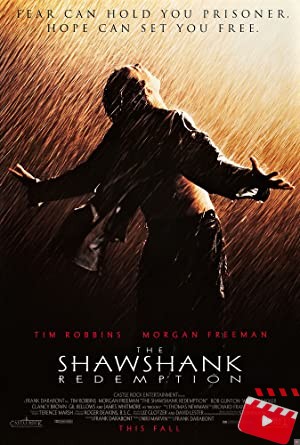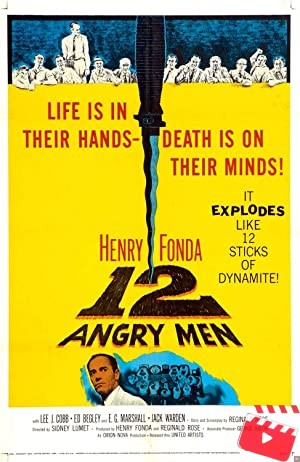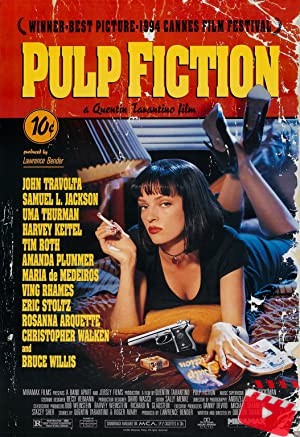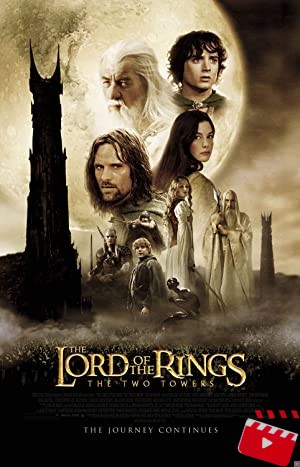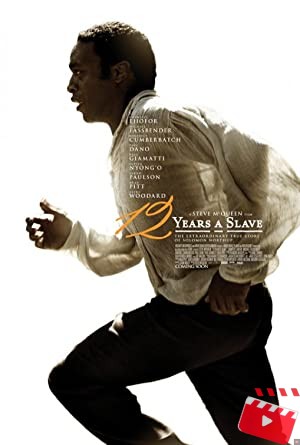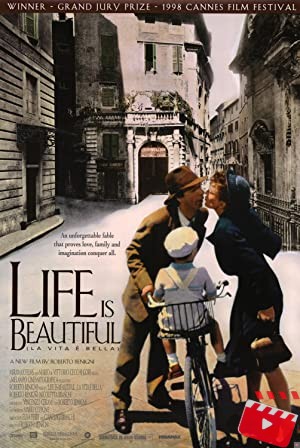
I recently watched the movie “Life Is Beautiful” from 1997 and it was one of the most heartwarming and poignant films I have seen in a long time.
The movie tells the story of a Jewish-Italian family during the time of World War II, and the father’s efforts to hide the harsh realities of the Holocaust from his young son by creating a game out of their time in a concentration camp.
One of the most striking aspects of this film is the amazing performance by Roberto Benigni, who not only directed the movie but also stars as the father, Guido. His charm, humor and warmth are infectious, and I found myself truly rooting for his character and the safety of his family.
But even beyond Benigni’s amazing work, “Life Is Beautiful” is a beautifully made film, with stunning cinematography and a touching score that adds to the emotional impact of the story. The script is also masterfully crafted, balancing the humor and lightness of Guido’s game with the stark reality of the Holocaust.
Overall, I highly recommend “Life Is Beautiful” to anyone who enjoys movies that are both heartwarming and thought-provoking. It’s a true masterpiece that will leave you feeling inspired and grateful for the beauty of life.
Lesson about Life Is Beautiful
One lesson we can take from the movie Life Is Beautiful 1997 is the power of optimism and hope in the face of adversity.
The Best of Life Is Beautiful
- 1. Powerful Storyline: Life is Beautiful (1997) is a heartwarming and emotional movie that touches many hearts. It tells the story of a loving father who tries to shield his son from the horrors of the Holocaust by pretending that their internment in a concentration camp is a game. The movie portrays the power of love and the human spirit, making it a timeless classic.
- 2. Brilliant Acting:The movie is also known for its outstanding performances. Roberto Benigni, who also directed the movie, won the Best Actor Academy Award for his portrayal of the father, Guido Orefice. His performance is both humorous and nuanced, effectively capturing Guido’s loving and playful nature, as well as his deep sense of determination to protect his son.
- 3. Deserving of the Awards and Accolades:Life is Beautiful won numerous awards and accolades, including the coveted Grand Prix at the Cannes Film Festival and three Academy Awards, including Best Foreign Language Film. It is considered one of the greatest films ever made and has been praised for its impeccable direction, excellent acting, and profound message of hope and resilience in the face of adversity.
Week points of Life Is Beautiful
- 1. Simplistic portrayal of the Holocaust: Although the film is often praised for its ability to balance humor and tragedy, some critics argue that it oversimplifies and downplays the horrors of the Holocaust. By portraying concentration camps as a benign, almost innocent place where prisoners play games and learn to appreciate the beauty in life, the movie risks trivializing the suffering that millions of people went through.
- 2. Cultural insensitivity: A number of reviewers have also pointed out that the film may be culturally insensitive, particularly in its portrayal of Italian characters and culture. Some argue that the movie perpetuates harmful stereotypes of Italian people as loud, exaggerated, and comical, and that it appropriates the experience of the Holocaust for a lighthearted, whimsical narrative that erases the real experiences of Jewish victims.
- 3. Overly sentimental: Finally, some viewers find the movie overly sentimental and sentimentalizing, with characters and plot points designed to elicit easy emotional responses. From the exaggerated slapstick comedy of Guido’s antics to the heartwarming myth of a father who protects his son from the horrors of the Holocaust, some argue that the movie plays to the audience’s emotions at the expense of nuanced, thoughtful storytelling.
Technical details of Life Is Beautiful
| Title | Life Is Beautiful |
|---|---|
| Year | 1997 |
| Rated | PG-13 |
| Released | 20 Dec 1997 |
| Runtime | 116 min |
| Genre | Comedy, Drama, Romance |
| Director | Roberto Benigni |
| Writer | Vincenzo Cerami, Roberto Benigni |
| Actors | Roberto Benigni, Nicoletta Braschi, Giorgio Cantarini |
| Plot | In 1930s Italy, a carefree Jewish waiter named Guido starts a fairy tale life by courting and marrying a lovely woman from a nearby city. Guido and his wife have a son and live happily together until the occupation of Italy by German forces. In an attempt to hold his family together and help his son survive the horrors of a Jewish Concentration Camp, Guido imagines that the Holocaust is a game and that the grand prize for winning is a tank. |
| Country | Italy |
| Awards | Won 3 Oscars. 72 wins & 52 nominations total |


